European Multinational Efforts
Orbital Launch Attempts, 2021
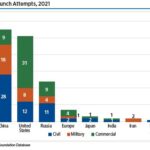
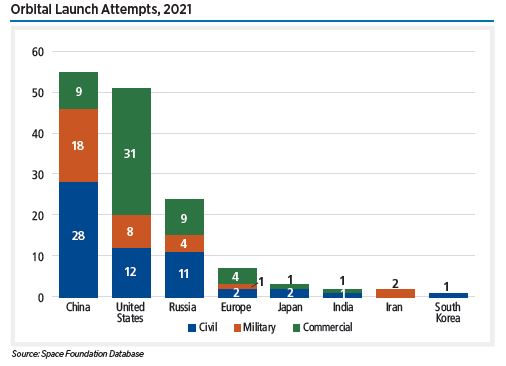
Of the 55 commercial launches attempted in 2021, 31 occurred in the United States. Of these, 23 were carried out by SpaceX, all of which were successful. China and Russia each conducted nine commercial launches in 2021. All six Russian launches were conducted on the Soyuz launch vehicle, and all were successful.
Government Space Spending Increases 19% from 2020 to 2021
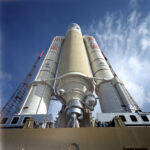
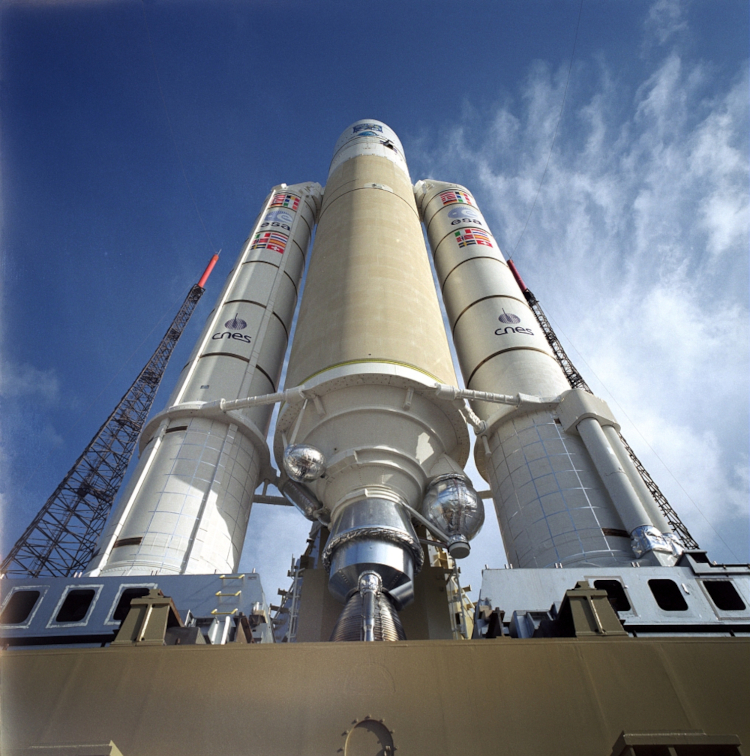
Total government space spending in 2021 reached $107 billion, a 19% increase from 2020, based on Space Foundation analysis. Space Foundation examined government space spending of 46 nations, including 14 nations new to the analysis this year.
Commercial Space Revenue Climbs More Than 6%, Edging Toward $400 Billion Annually

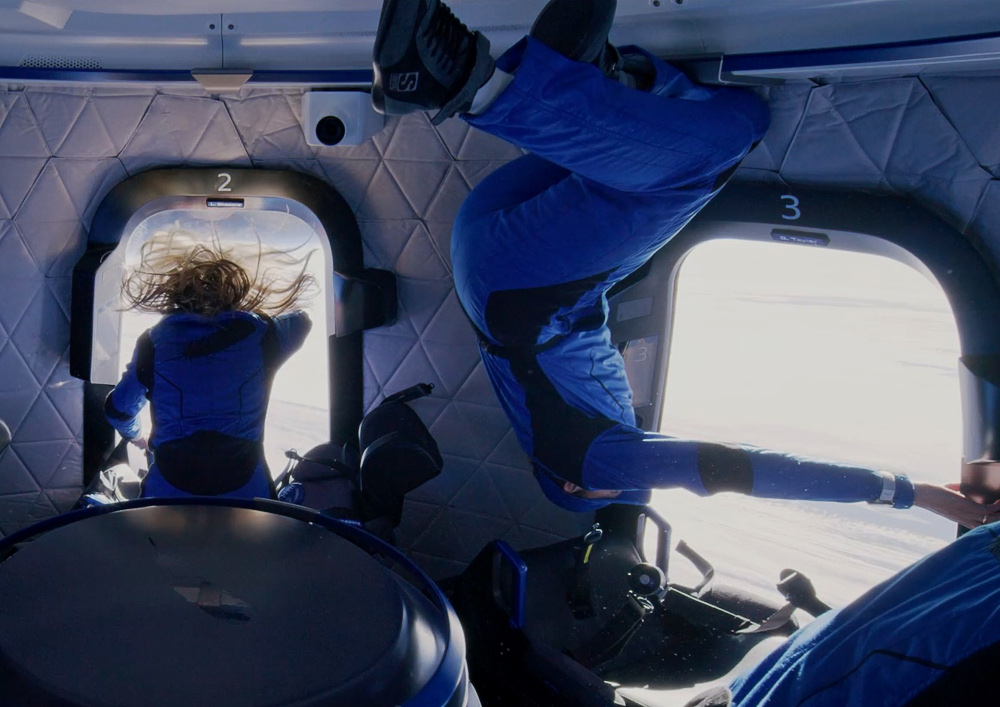
Commercial space activity refers to efforts undertaken by private industry with little or no government investment. Commercial space revenue in 2021 totaled $362 billion.
Global Orbital Launch Attempts, 2021
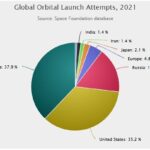
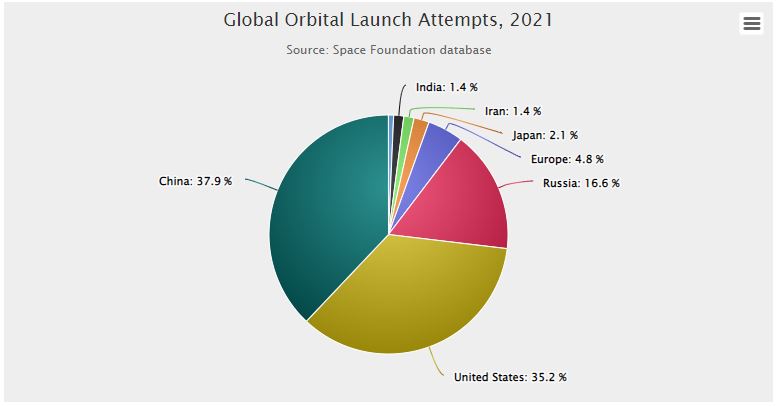
Seven nations conducted orbital launches in 2021, with China, the United States and Russia continuing a years-long lead in launch activity.
Global Space Workforce Growth, 2011-2021 Snapshot


Hiring in more than a dozen nations continued to escalate in 2020 despite the pandemic. A snapshot of key workforce data follows. Analysis of trends in the global space workforce provides insight into the current and future health of the space sector.
2021 TSR – Space Symposium Special Edition: Despite Pandemic, Double-digit Growth in 2020 in Some Commercial Sectors
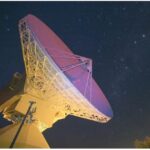
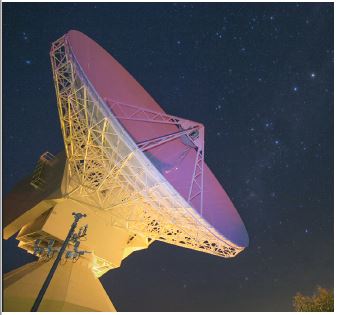
Commercial space activity, undertaken by private industry with little or no government investment, accounts for more than 79.8% of the global space economy. Despite the global pandemic, commercial space revenues continue to . . .
European Space Industry Employment, 2010-2020
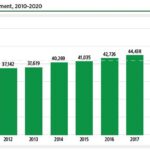
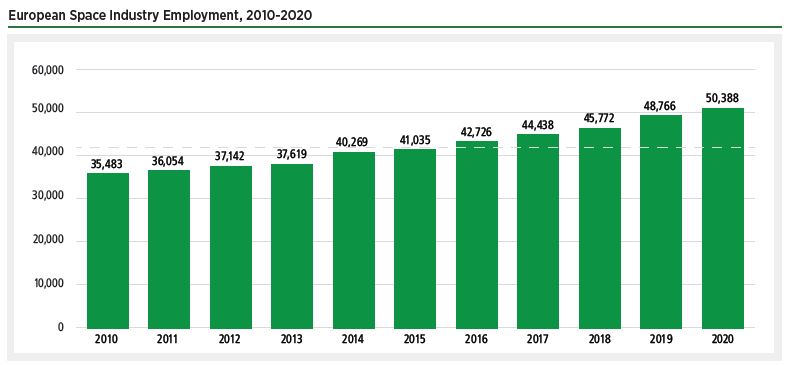
The European space workforce included 50,388 workers in 2020, an increase of 3.3% from the 48,766 workers in 2019. The largest increases were seen in . . .
2020 Space Workforce: Europe Climbs; India Dips; U.S. Still Dwarfs

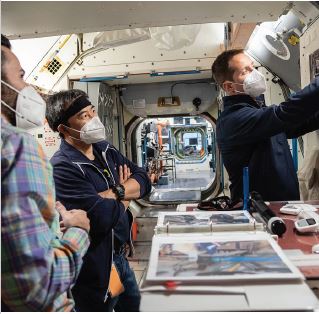
As with so many industries around the world in 2020, the coronavirus pandemic brought disruption and change to the global space industry. Despite setbacks, hiring in many nations continued to escalate. Analysis of trends in the global space. . .
2020 Global Space Economy Climbs Despite Turbulent Year, Disrupted Government Spending

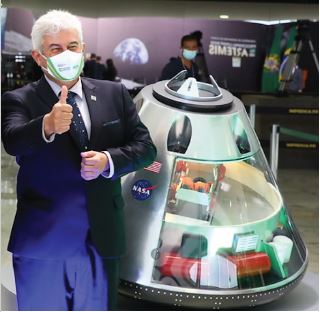
International successes in space, such as the Hope, Perseverance, and the Zhurong missions to Mars, don’t happen without years of advance government spending. In 2020, as nations struggled to overcome a global pandemic, space spending varied widely across countries and agencies.
2021 TSRQ1 Launches and New Vehicle Debuts Climbed in 2020, But So Did the Failure Rate

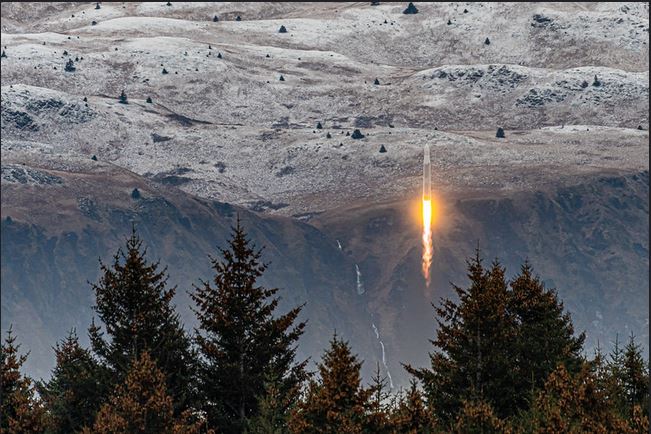
The global launch pace set in 2020 tied as the highest in decades, but with that came an increase in risk and a shift in the major players. Of the 114 attempts last year, 10 did not succeed—an 8.8% failure rate that is 1.8 times higher than the 40-year average and nearly five times higher than the 2018 failure rate, which also had 114 launches. Two factors that correlate with launch failures area higher number of orbital launch attempts . . .